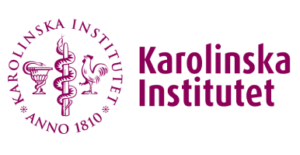Karolinska Institutet (KI), founded in 1810, is Sweden’s only university especially focusing on biomedical sciences. In addition, KI annually awards the Nobel Prize in Physiology or Medicine. KI ranks as one of the world’s leading medical universities, thanks in part to the quality of its research activities, which today account for 40 per cent of all medical research in Sweden. KI has about 4 700 employees (full-time equivalents), nearly two-thirds of whom are female. About 80 per cent of KI’s income is devoted to research, distributed among around 600 research groups covering all medical fields. KI provides excellent postgraduate training with 2100 registered Ph.D. students from around the world who are active in both basic and clinical research.
Research at KI has a strong European dimension, with almost 200 project participations within the EU’s now closed Sixth Framework Programme (FP6). Of these, KI coordinated 28 projects. KI was a major player in FP7, participating in around 323 projects including 36 as coordinator as well as 31 European Research Council Grants. KI has to date been awarded 201 contracts within Horizon 2020. Of these, 59 are within the Marie Skłodowska Curie Actions and 35 within the European Research Council. KI is also a major European beneficiary of funds from the National Institutes of Health in the U.S
Website: www.ki.se

